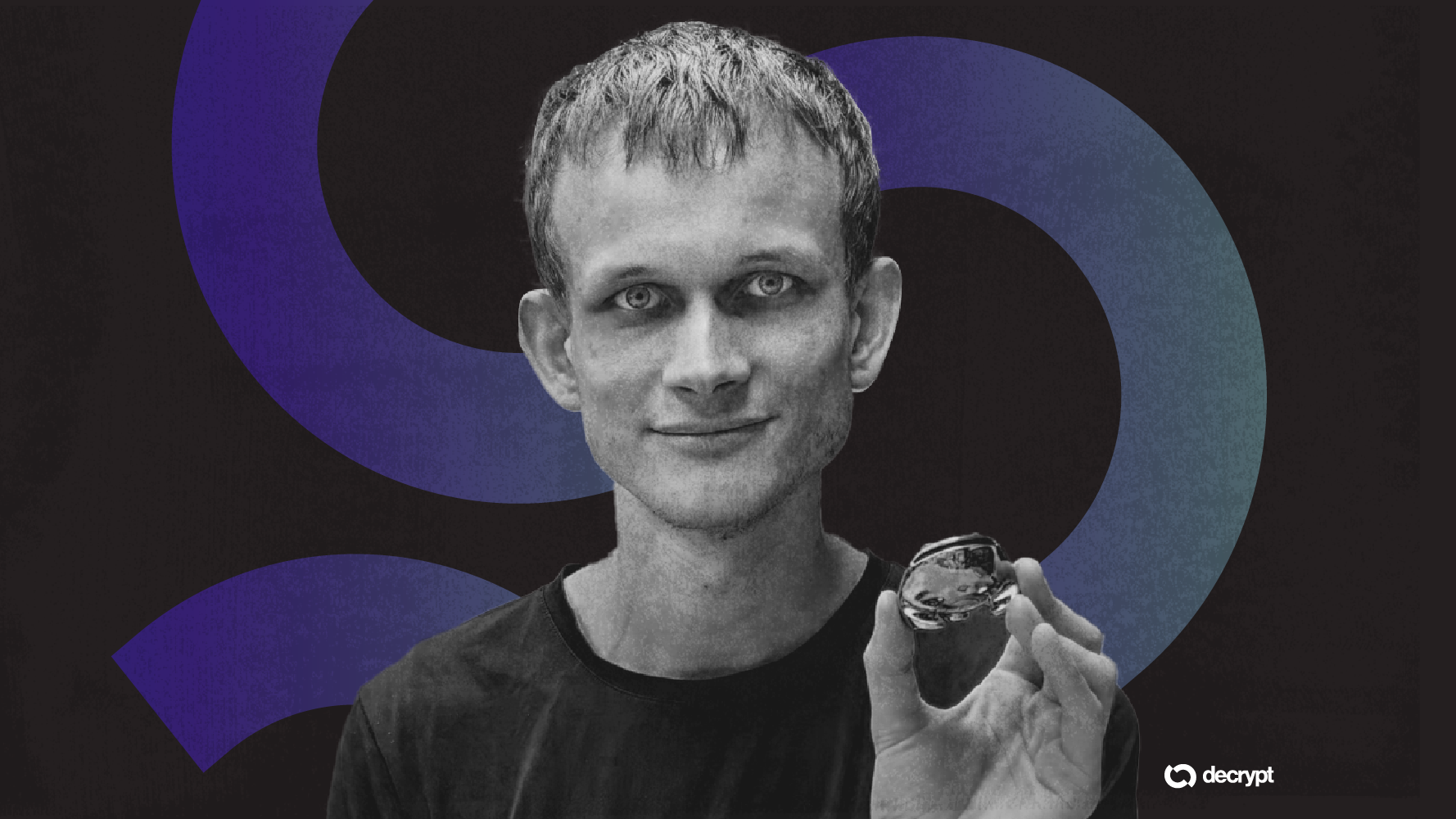Vitalik Buterin Stands Firm: Defends Ethereum Staking Exit Times Against Mounting Industry Backlash

Ethereum's co-founder fires back at critics questioning the network's staking withdrawal timelines.
The Core Debate
Buterin argues current exit periods strike the perfect balance between security and usability—calling rushed alternatives 'dangerously shortsighted.' His defense comes as competing chains promise instant unstaking, tempting yield-hungry investors who treat crypto like a high-frequency trading casino.
Market Realities
While rivals push faster exits, Ethereum maintains its methodical approach—prioritizing network stability over convenience. The strategy might frustrate day traders, but it prevents the liquidity crises that plague quicker-turnaround chains. Sometimes slow and steady really does win the race—even if Wall Street refugees hate waiting.
Bottom Line: Buterin's stance reinforces Ethereum's commitment to security-first design, proving once again that in crypto, patience isn't just a virtue—it's a competitive advantage.
“Troubling” ETH staking exit delays
Staking on ethereum allows validators to earn rewards for attesting to and proposing blocks. Exiting staking fully requires validators to leave a queue, which can stretch for weeks depending on how many others are also trying to leave.
The average wait time to enter the staking queue currently sits at about seven days, while the exit time has climbed to 43 days and six hours, according to Validator Queue. With over one million validators and 35.6 million ETH staked—nearly 30% of all ETH—the process has slowed considerably.
The delays have spurred public debate. Galaxy Digital’s head of DeFi, Michael Marcantonio said earlier this week that the exit queue length was “troubling,” contrasting Ethereum’s six-week wait with Solana’s two-day unstaking period.
“Unclear how a network that takes 45 days to return assets can serve as a suitable candidate to power the next era of global capital markets,” he tweeted, before later deleting the post.
Marcantonio’s critique drew sharp pushback and rumours that he was forced to delete the post by Galaxy Digital.
Former Consensys product manager Jimmy Ragosa accused Galaxy of fueling “relentless ETH FUD,” warning that Ethereum-aligned businesses are reconsidering ties with the firm.
Solana supporters, including Mike Dudas, rallied behind Galaxy, casting Ethereum as clunky compared to its rivals. The firm bought over $700 million in SOL over a two day period last week as part of a purchase linked to its backing of a Solana-based treasury firm.
Buterin acknowledged the need for improvement at the user experience level, noting that the Ethereum Foundation has been working to address these concerns.
“In general the EF needs to be more active at the UX LAYER — which has already been happening for the past ~6 months, but ramping up takes time,” he wrote.

